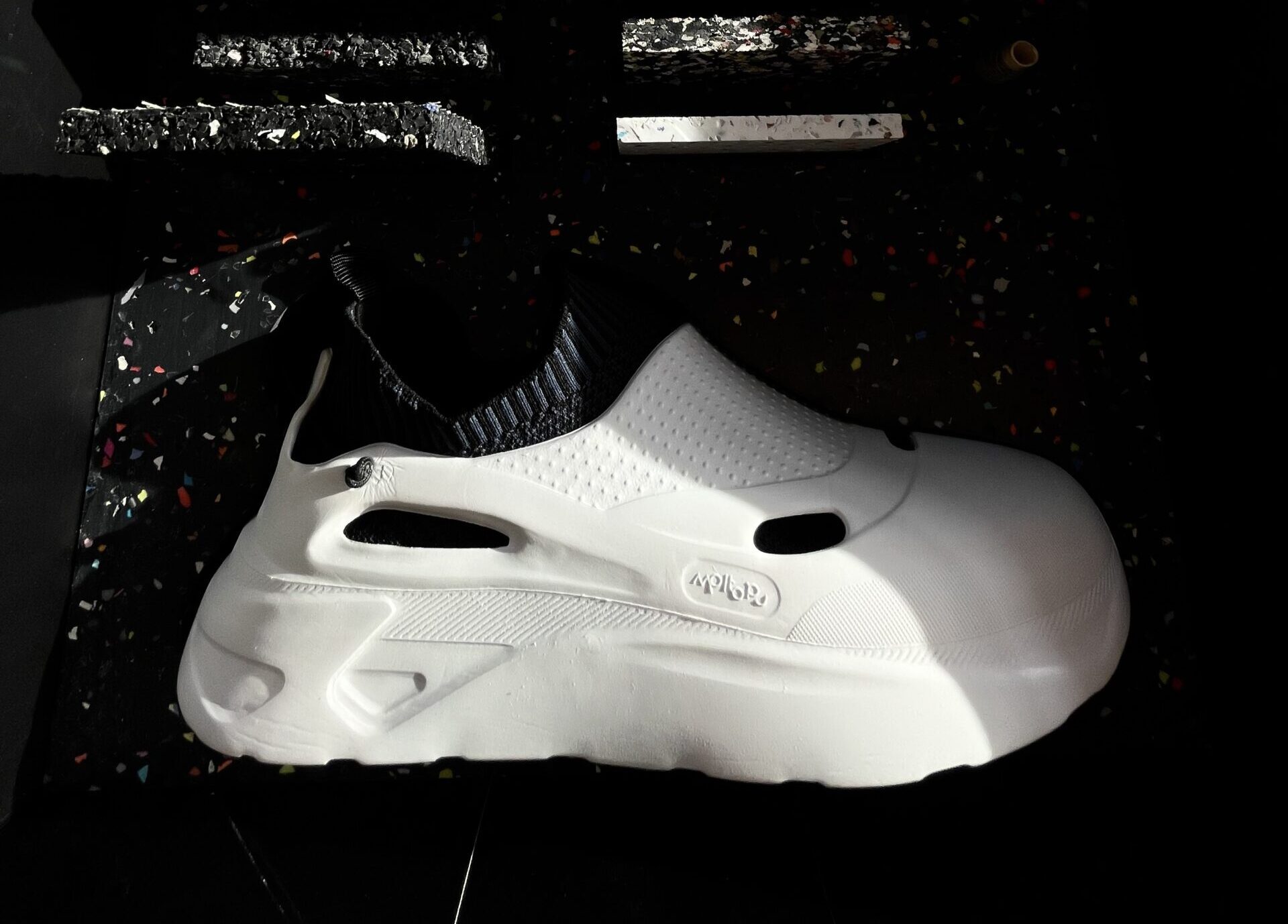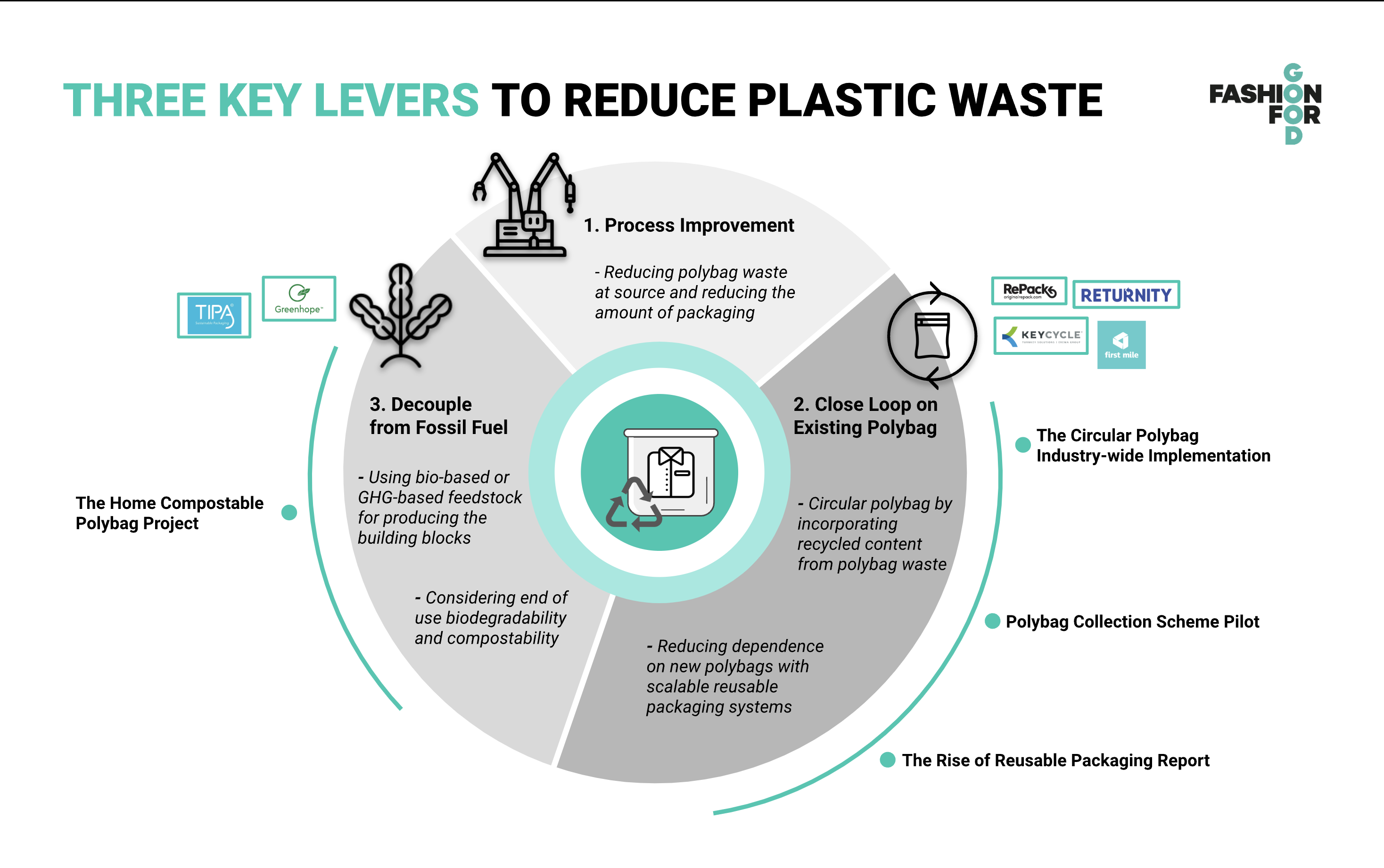Fashion for Good celebrates progress with Innovation Fest
18 June 2018
AMSTERDAM- This week, Fashion for Good celebrates its first year by hosting Innovation Fest, at their hub in Amsterdam. Approximately 180 innovators, brands, producers, retailers, suppliers, non-profit organisations and investors convened to discover breakthrough ideas and network with others united, in a shared ambition to make fashion a force for good.
The event showcased Fashion for Good’s progress so far. The international organisation – founded by C&A Foundation – now has 7 corporate partners, organised over 360 one-on-one introductory sessions between innovators and corporate brands, unlocked significant investments for start-ups, and has seen multiple production pilots come to life. The Fashion for Good programmes have supported more than 40 start-ups to date.
Demo Day
Innovation Fest featured Demo Day pitches by the third batch of start-ups from the Fashion for Good-Plug and Play Accelerator, celebrating their graduation from the 12-week programme. This batch – the biggest one so far – consists of 15 startups from all over the world, covering 4 continents and 10 nationalities. The start-ups followed a robust curriculum including mentorship and introductions to corporate partners: adidas, C&A, Galeries Lafayette, Kering, Target and Zalando. The next batch of start-ups for the accelerator programme will be selected in July.
Scaling Programme
The afternoon also featured presentations from the three new innovators that have recently joined the Scaling Programme: moral fiber – formerly known as Ambercycle, Tyton Biosciences and Bext360. These companies were hand-selected from an extensive list of innovators, with new technologies enabling a more sustainable and circular textiles sector. For the next 18 months, they will receive bespoke support and access to expertise, potential customers and investors with the help of a dedicated team.
Sneak peek
Innovation Fest ended with an outlook on the future of Fashion for Good. Katrin Ley, Managing Director of Fashion for Good, provided a sneak peek into the new visitor-facing Experience. The current exhibition has attracted over 15.000 visitors from 30 different countries, aiming to inspire them to become conscious consumers and join the movement to make fashion a force for good. The next phase for this Experience is a full redesign, turning it into the world’s first technology-forward museum for sustainable fashion innovation. The Experience will be unveiled in the first week of October.
You can download more images here.
Other Articles

Steady in the storm: navigating change and growth in 2024

Key findings from the Fast Feet Grinded Collaborative Pilot

